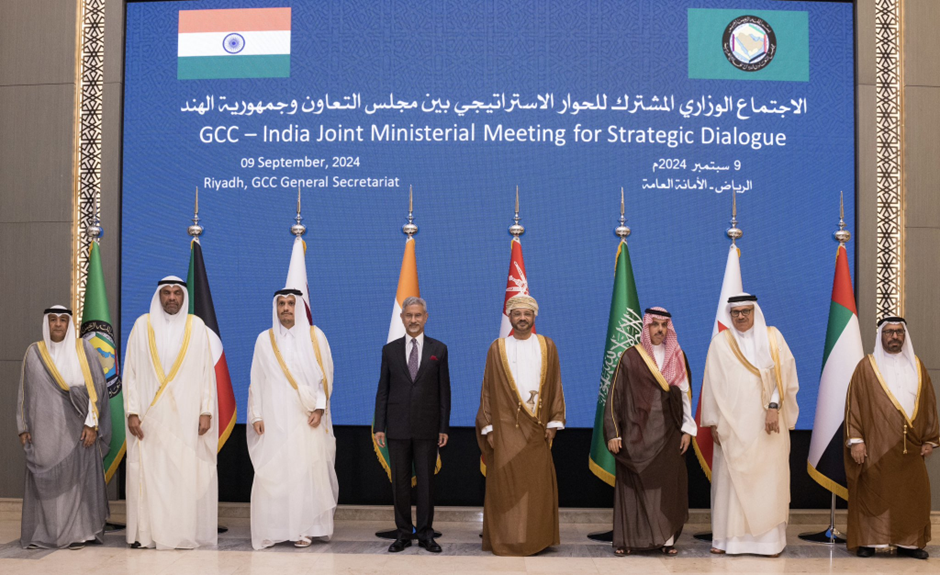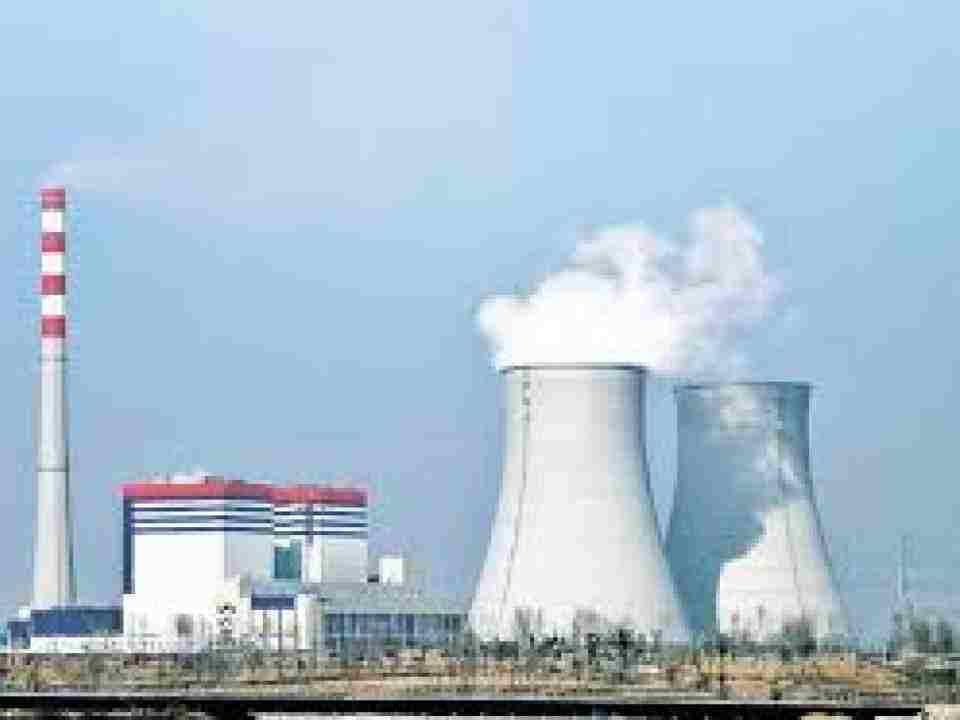- Courses
- GS Full Course 1 Year
- GS Full Course 2 Year
- GS Full Course 3 Year
- GS Full Course Till Selection
- MEP (Mains Enrichment Programme) Data, Facts
- Essay Target – 150+ Marks
- Online Program
- GS Recorded Course
- NCERT- First Ladder
- Polity
- Geography
- Economy
- Ancient, Medieval and Art & Culture AMAC
- Modern India, Post Independence & World History
- Environment
- Governance
- Science & Technology
- International Relations and Internal Security
- Disaster Management
- Ethics
- Current Affairs
- Indian Society and Social Issue
- CSAT
- 5 LAYERED ARJUNA Mentorship
- Public Administration Optional
- ABOUT US
- OUR TOPPERS
- TEST SERIES
- FREE STUDY MATERIAL
- VIDEOS
- CONTACT US
India-GCC Relations: From Historical Bonds to Strategic Dialogue
India-GCC Relations: From Historical Bonds to Strategic Dialogue

During the first India-GCC Joint Ministerial Meeting for Strategic Dialogue held in Riyadh on September 9, India and the Gulf Cooperation Council (GCC) emphasized the importance of enhancing cooperation across various sectors, including trade, investments, energy, infrastructure, and healthcare. The growing relations between India and the GCC build on longstanding historical ties.
Gulf Cooperation Council (GCC)
The Gulf Cooperation Council (GCC), formed in 1981, consists of six member states: Bahrain, Kuwait, Oman, Qatar, Saudi Arabia, and the UAE. The GCC was established to create collective mechanisms for addressing political, security, and economic challenges in the region.
- The GCC has evolved over the years, occasionally facing internal disagreements, notably during the Qatar crisis from 2017 to 2021.
- Despite these differences, it remains a successful regional organization, enhancing economic cooperation and collaborating on a common market and monetary union.
- The GCC has prioritized economic reforms to prepare for a post-oil economy, with increased summits aimed at strengthening ties with global economies like the US, China, and ASEAN.
First India-GCC Summit
The significance of the first India-GCC Joint Ministerial Meeting lies in its focus on expanding the economic partnership between India and the GCC.
- The meeting was co-chaired by External Affairs Minister S. Jaishankar and Qatari Foreign Minister Mohammed bin Abdulrahman bin Jassim Al Thani, attended by foreign ministers from all GCC states.
- A Joint Action Plan for 2024-2028 was established to enhance cooperation in health, trade, security, agriculture, transportation, energy, and culture.
Building on Existing Ties
The meeting reinforced the robust ties between India and the GCC, focusing on several core areas:
- Expatriate Community: The GCC hosts about 8.5 million Indians, making it the largest Indian expatriate community outside India. Indian workers contribute significantly to India’s remittances, totaling nearly US$120 billion in 2023.
- Bilateral Trade: In 2023-24, bilateral trade reached US$161.82 billion, representing 14.22% of India's total foreign trade. Despite a trade balance favoring the GCC, India’s energy security remains a crucial factor, with oil and gas imports constituting a significant portion of trade.
- Foreign Direct Investment (FDI): From April 2000 to June 2024, India received US$24.66 billion in FDI from the GCC, with major companies investing across various sectors.
India-GCC Free Trade Agreement (FTA)
Discussions on an India-GCC FTA gained momentum following the India-UAE Comprehensive Economic Partnership Agreement (CEPA).
- The initial FTA framework was signed in 2004, with negotiations held in 2006 and 2008, but were stalled due to regional political challenges.
- In November 2022, intent to revive FTA discussions was announced, but formal agreements are still pending.
Security and Defence Ties
India and the GCC have also enhanced cooperation in defence and security, focusing on counterterrorism, maritime security, and joint military exercises.
- Collaboration has particularly strengthened with UAE and Saudi Arabia, aiming for enhanced defence trade and possible joint manufacturing.
Growing Strategic Convergence
The GCC's significance in the Middle East makes it a critical partner for India.
- Shared interests in addressing challenges like climate change, food security, and digital economy foster a strategic partnership.
- Ongoing geopolitical developments, including tensions in the South China Sea, Ukraine, and Af-Pak, underscore the importance of cooperation between India and the GCC.
Conclusion
India-GCC relations have transformed from a focus primarily on energy security and trade to a comprehensive partnership aimed at addressing present and future challenges. The discussions during the India-GCC Joint Ministerial Meeting highlight core areas of collaboration, including economic prosperity, security, climate and health security, and technological advancements, positioning both parties for a strengthened alliance moving forward.
Must Check: Best IAS Coaching In Delhi
UPSC Prelims Result 2024 Out: Expected Cut Off & Other Details, UPSC Prelims 2024 Answer with Explanation, Daily Prelims Quiz, Daily Current Affairs, MONTHLY CURRENT AFFAIRS TOTAL (CAT) MAGAZINE, Best IAS Coaching Institute in Karol Bagh, Best IAS Coaching Institute in Delhi, Daily Mains Question Answer Practice, ENSURE IAS UPSC Toppers, UPSC Toppers Marksheet, Previous Year Interview Questions, UPSC Syllabus




